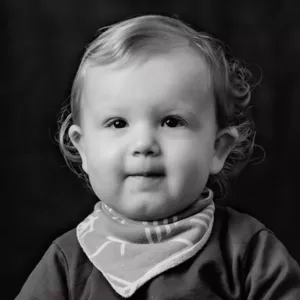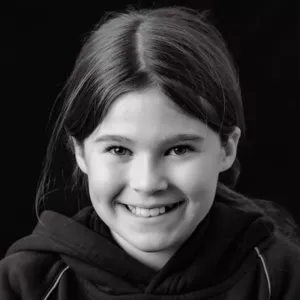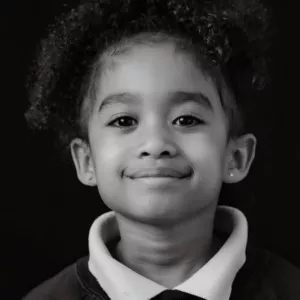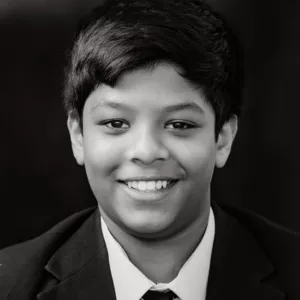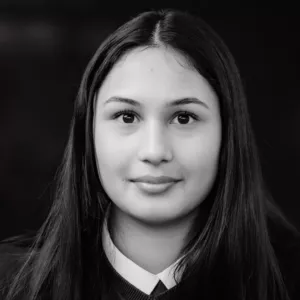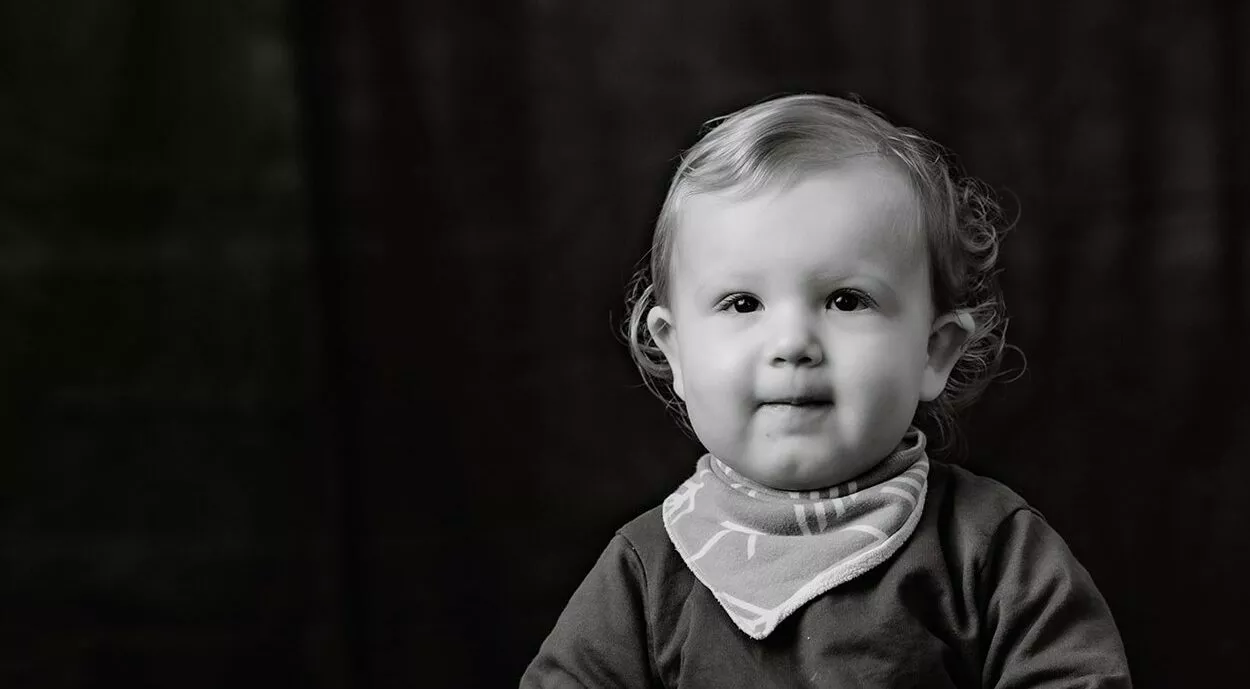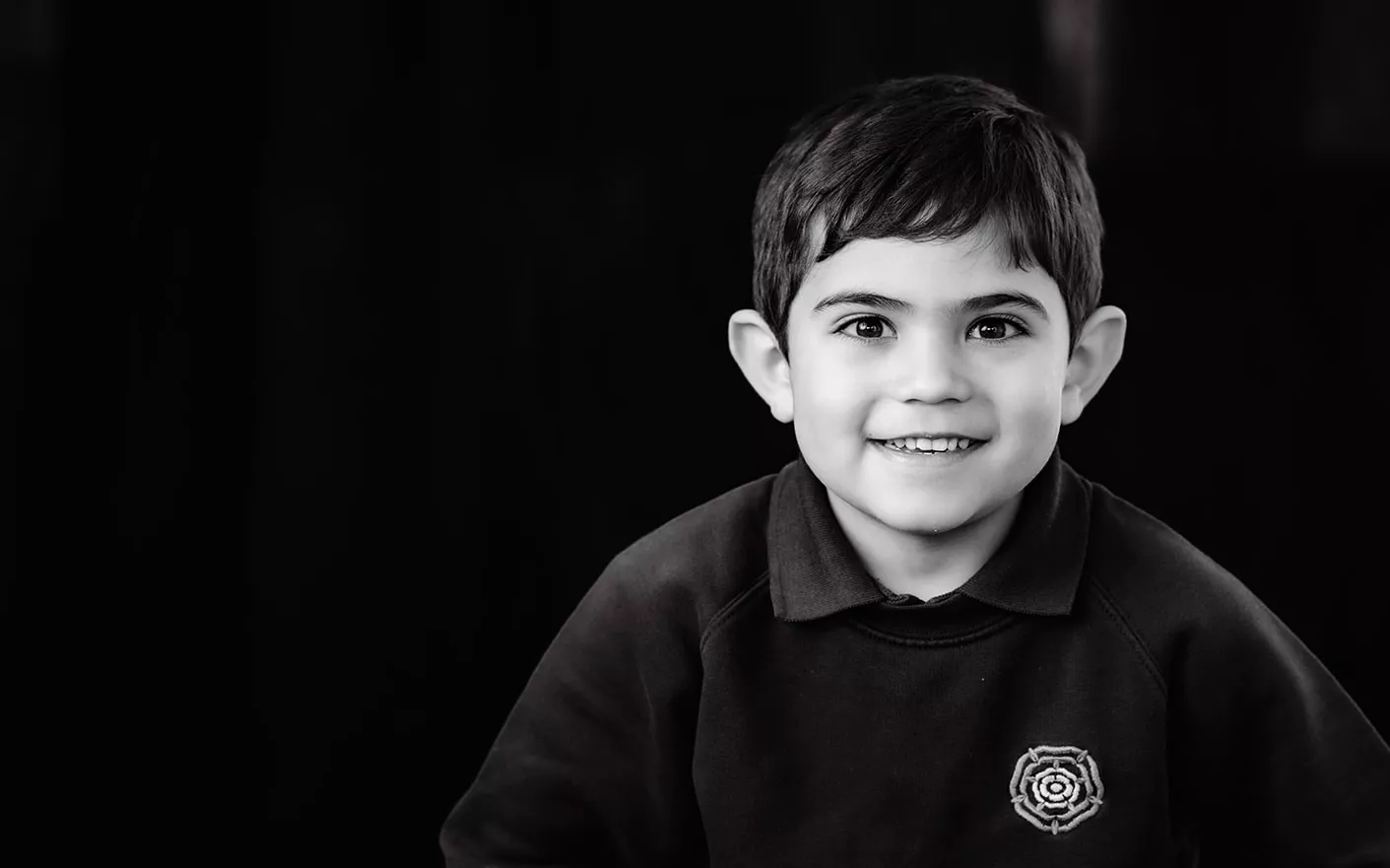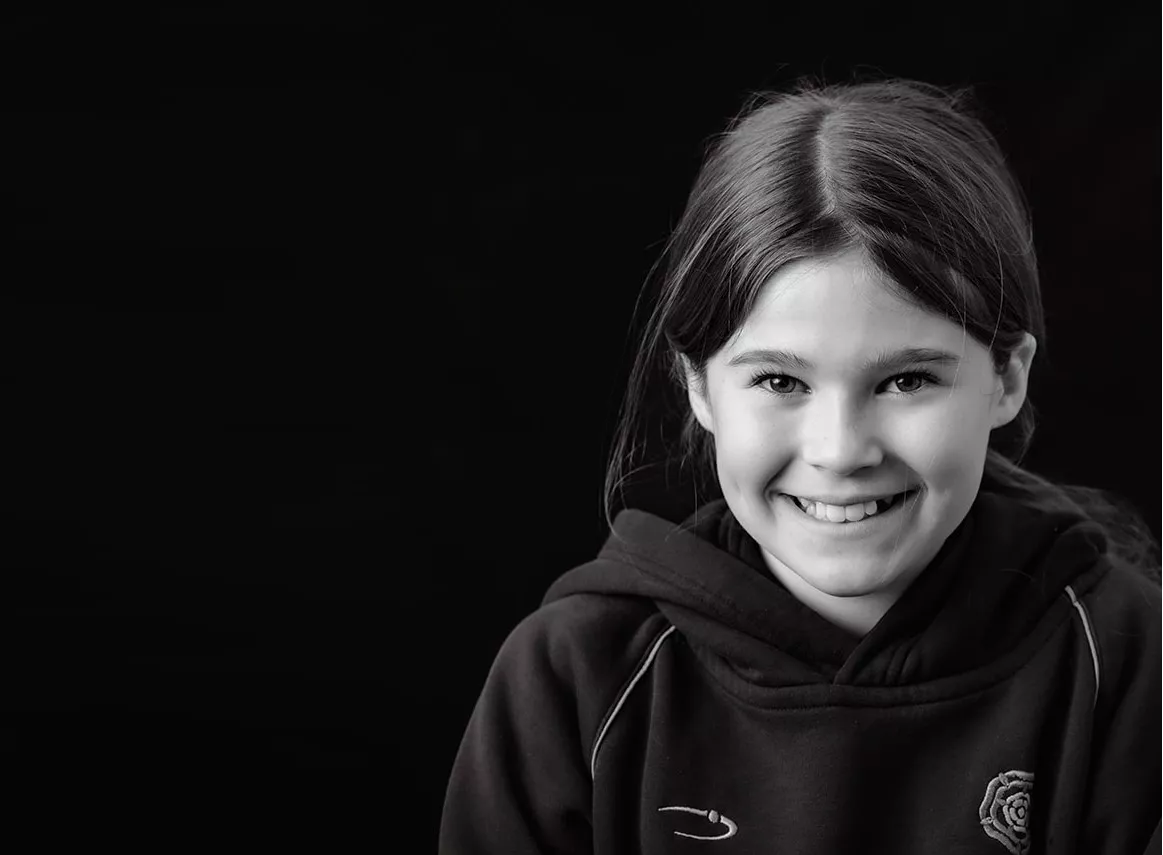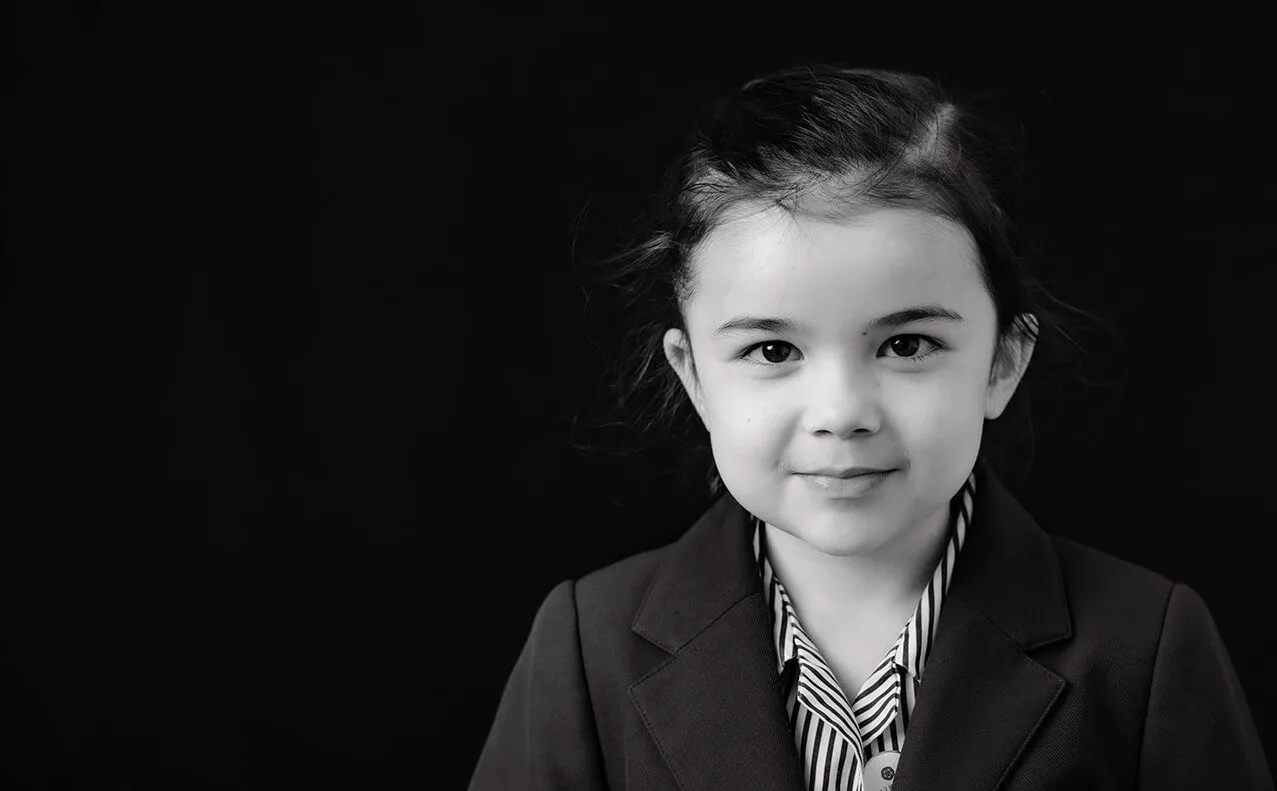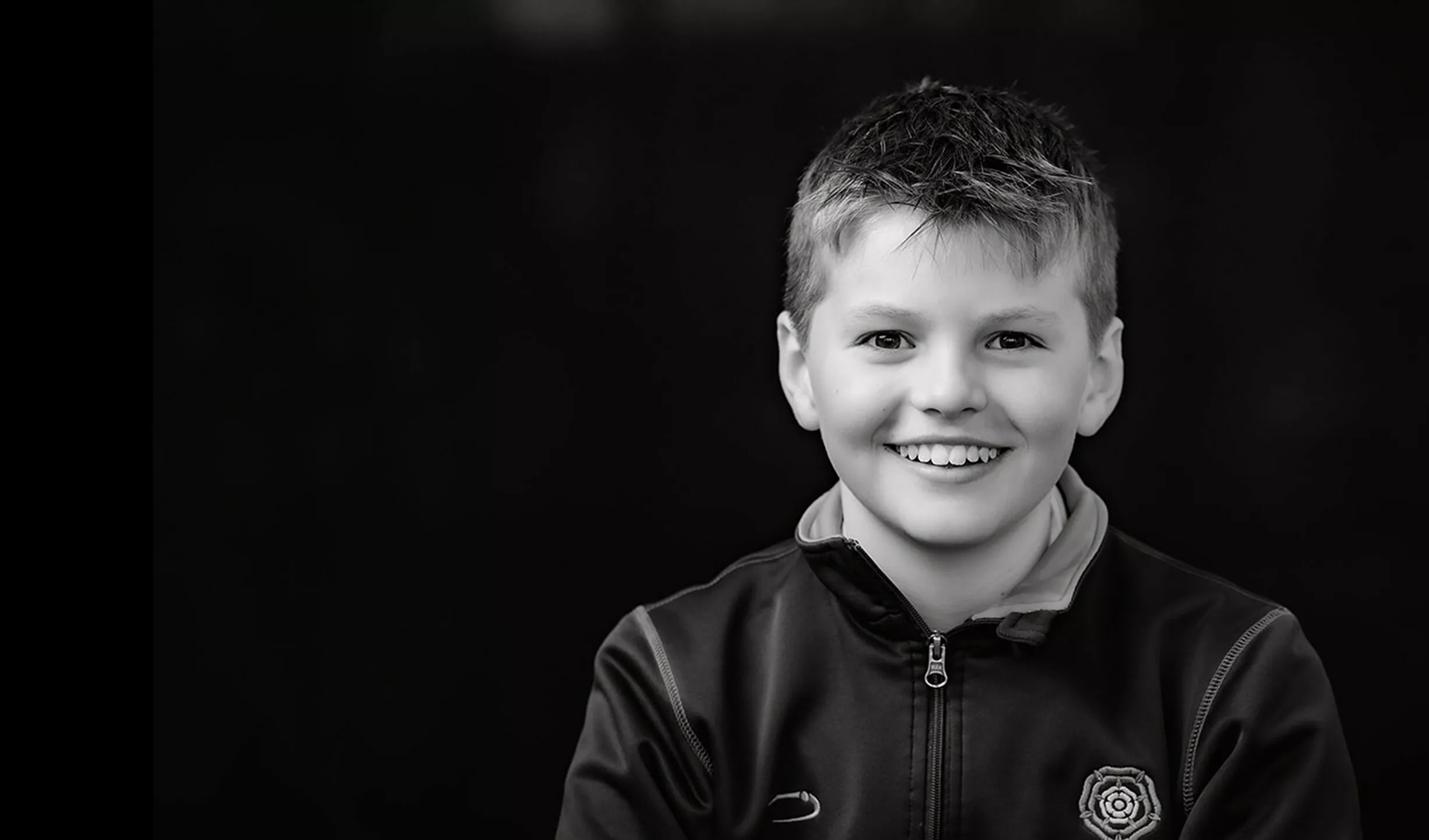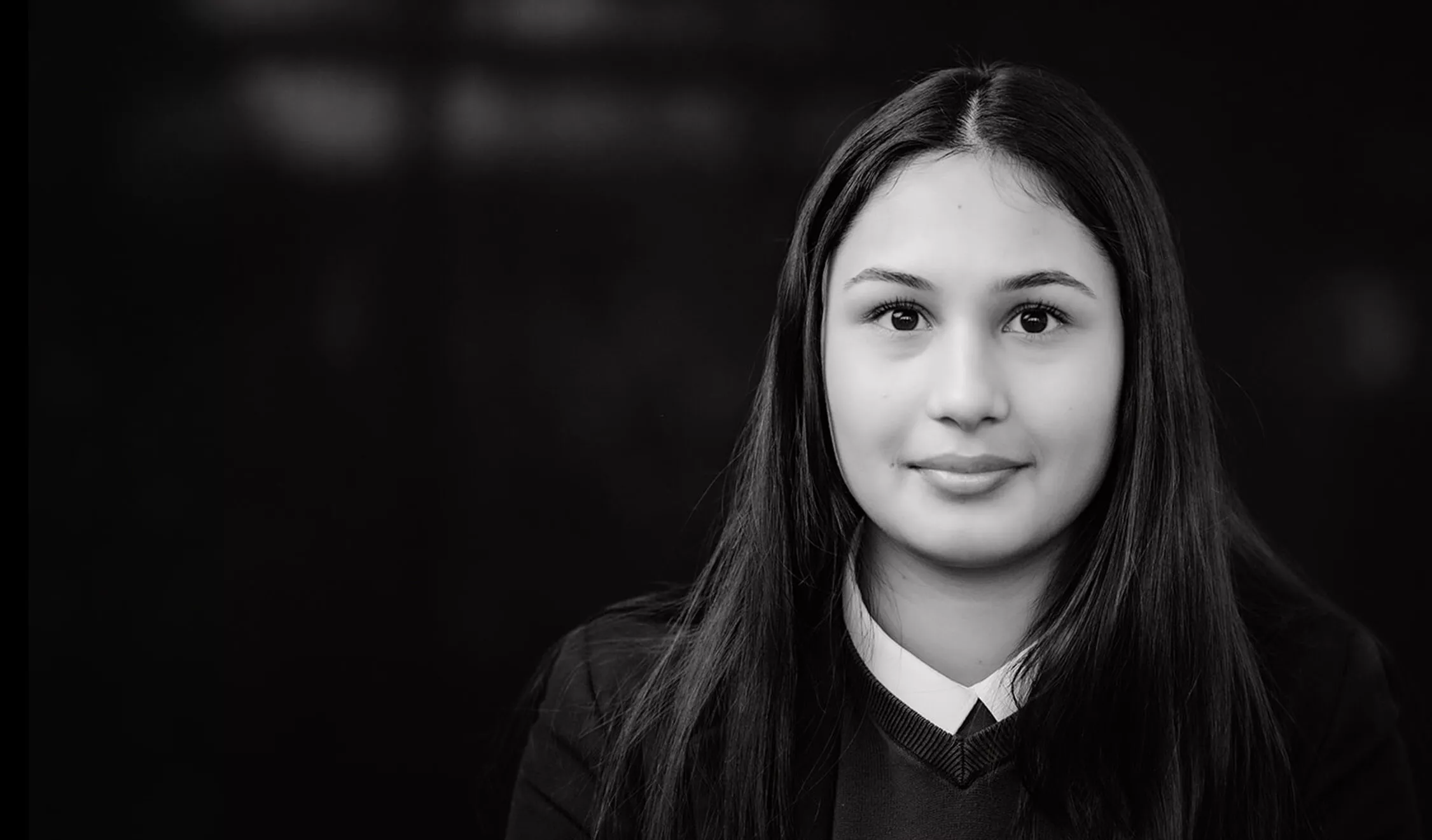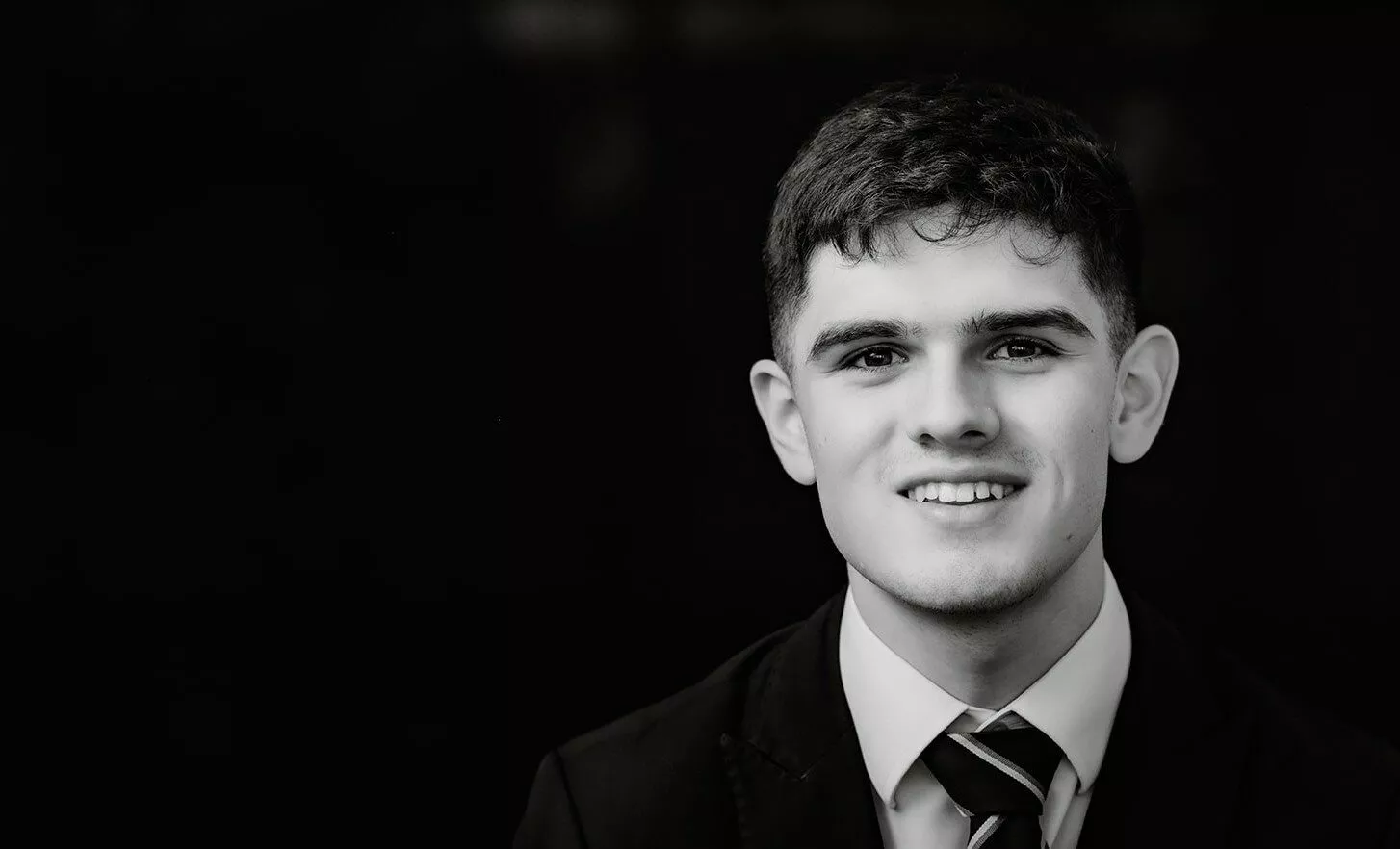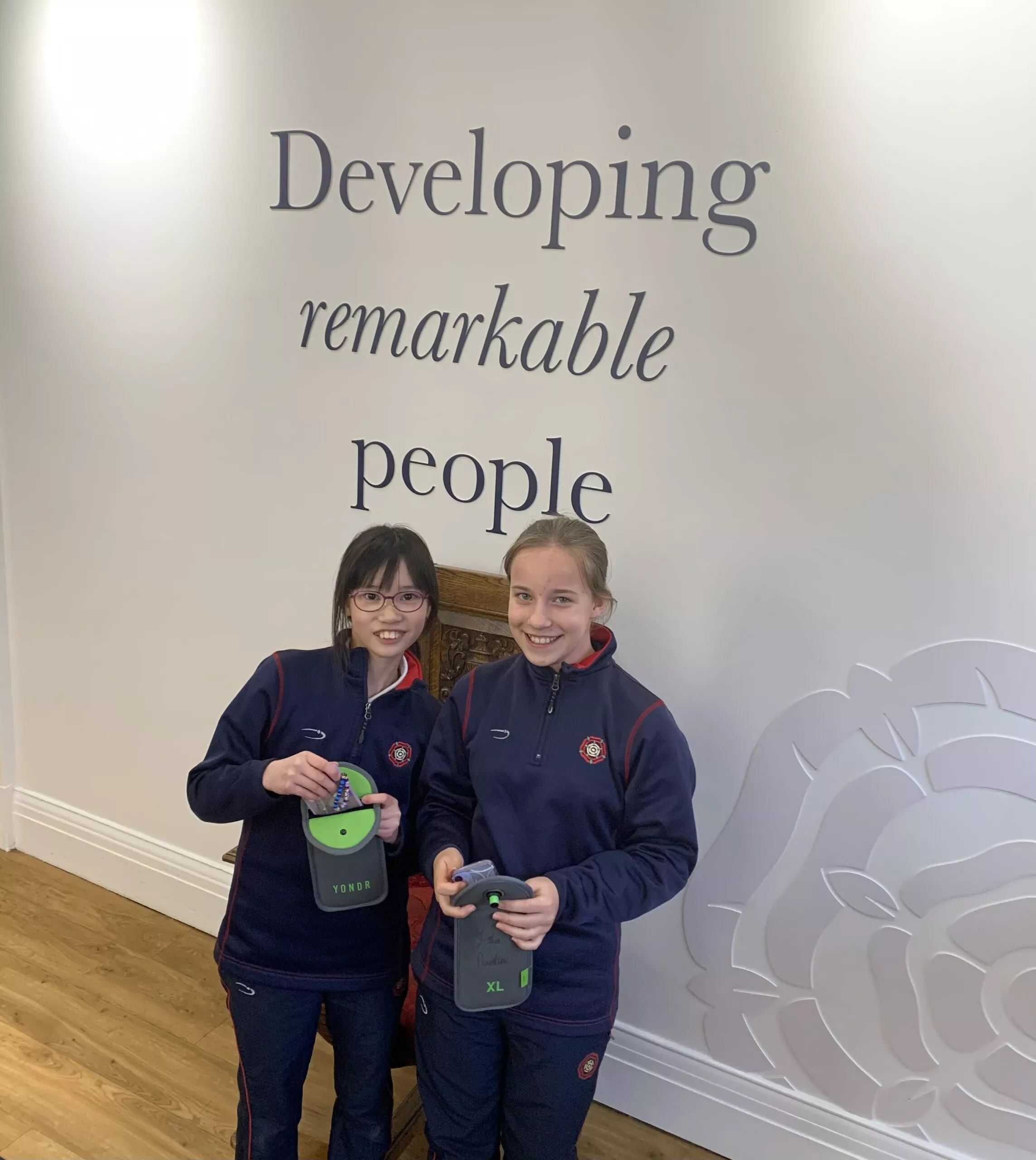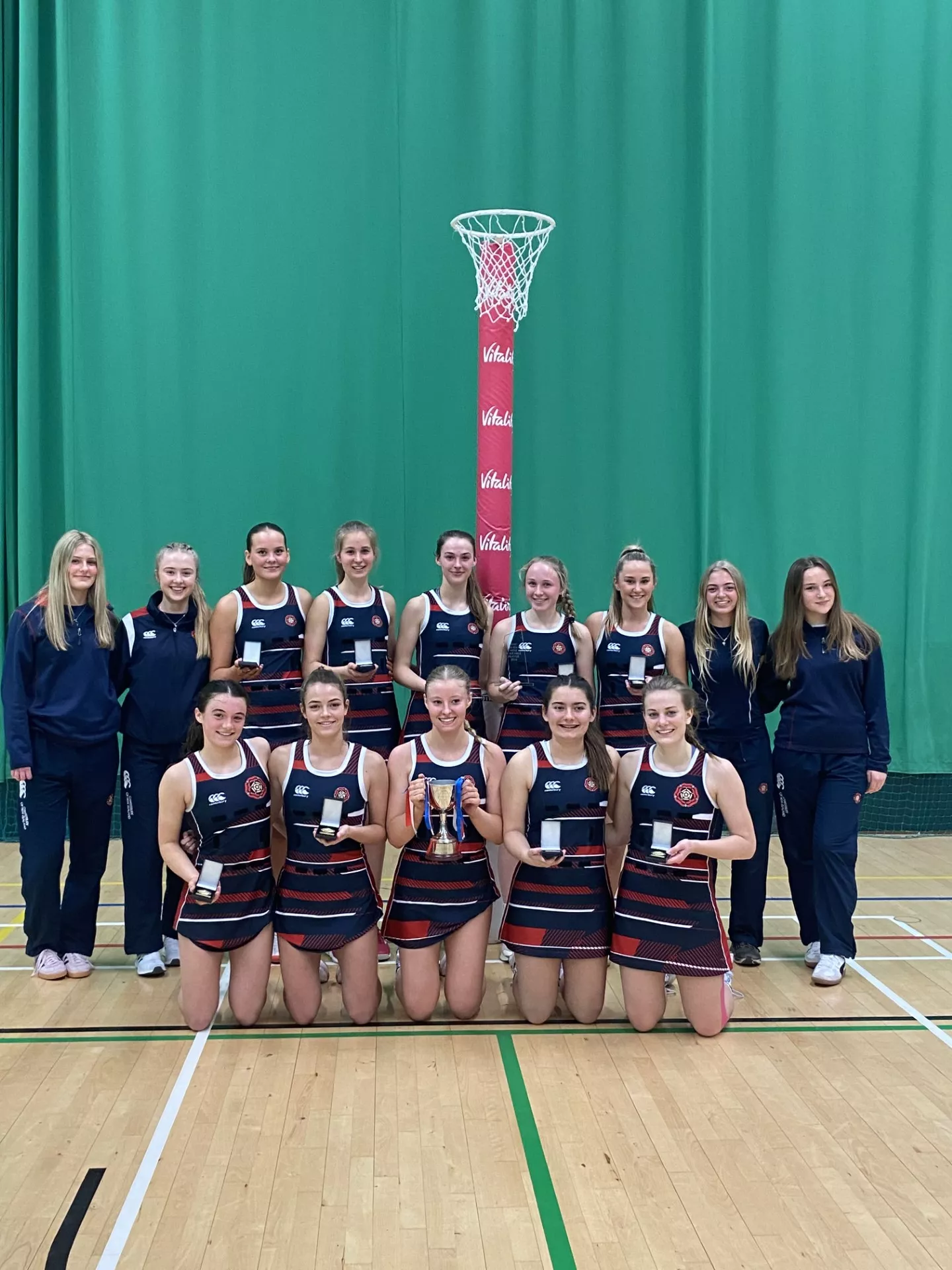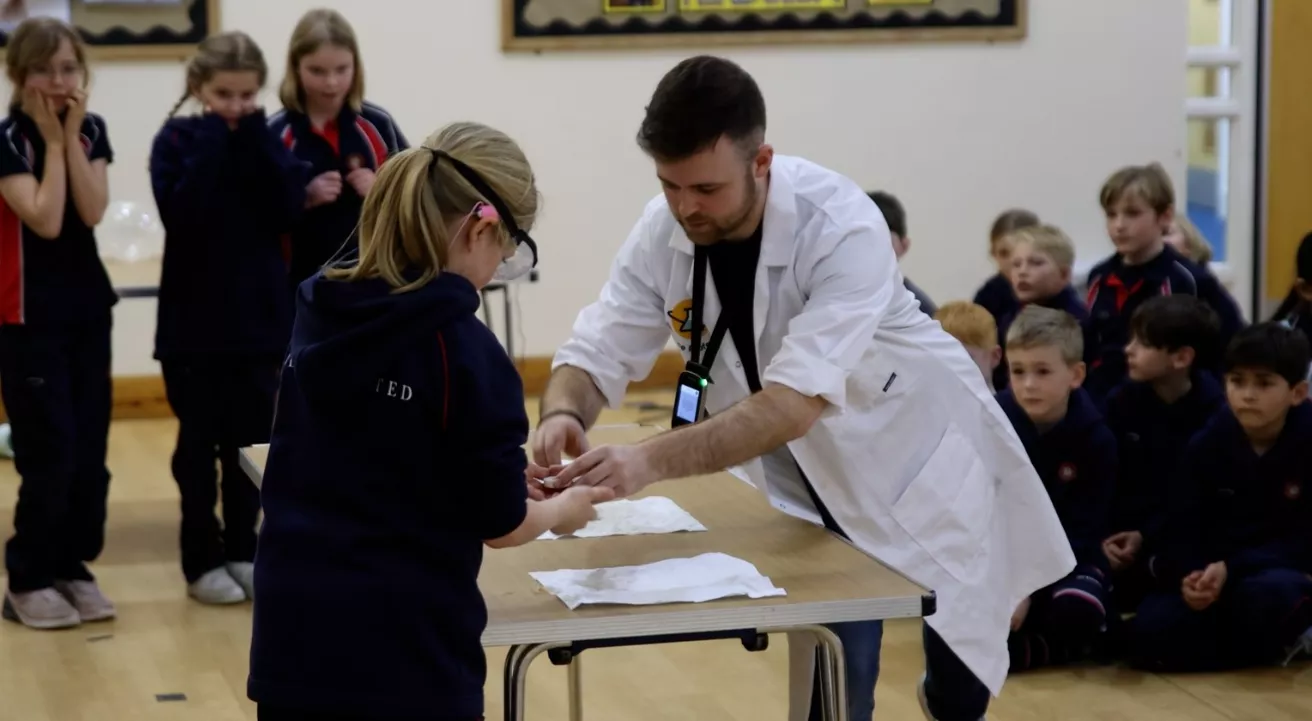News
Behind the Scenes at Little Shop of Horrors
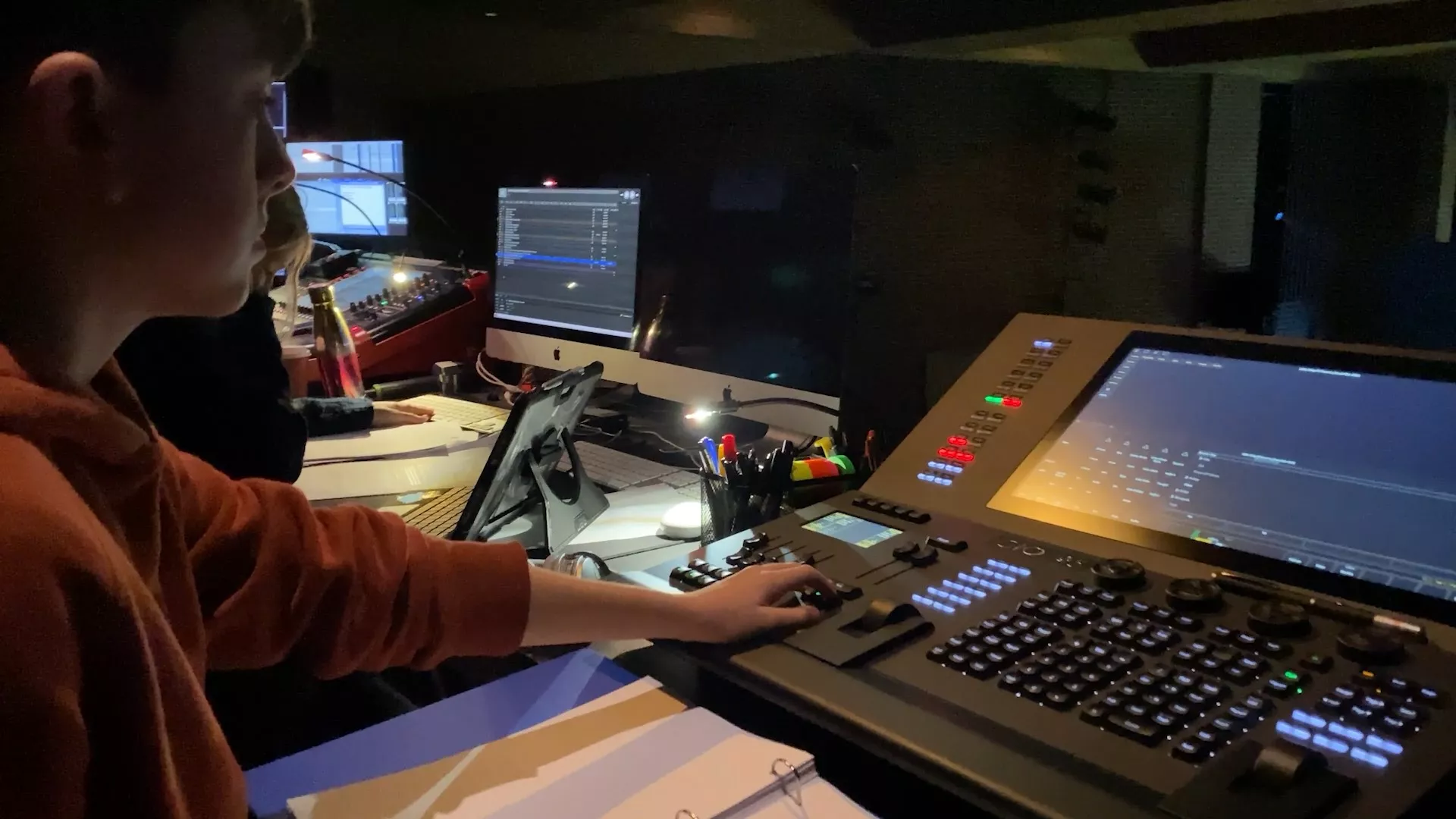
Last term saw the Senior School production of Little Shop of Horrors – a dazzling display featuring murderous plants, evil dentists and no shortage of talent and commitment from the large ensemble cast. The months of hard work by the pupils and staff had clearly paid off as they created a memorable evening at the school’s Centenary Theatre that did the buoyant soundtrack and comedic script full justice.
However, what was seen on stage was only part of the picture. Like the old adage of the bulk of an iceberg being hidden from view beneath the water, much of what was needed to bring the show to life and complete it was going on behind the scenes. Whether it was operating the follow spotlight, moving the set, assisting with costumes, organising the props or stage managing, the vast majority of this behind the scenes work was student-led.
This is a theme common to Berkhamsted productions, where pupils take a leading role in helping to bring the technical elements of the performance to fruition.
“Almost the entire show is student led,” said Centenary Theatre Manager Andrew Ibbott, speaking during the production of Little Shop of Horrors, “from stage manager to assistant stage manager to follow spot operators. Apart from staff supervising backstage to keep things safe, the entire show is almost all students.”
Students have the chance to be involved in lighting, sound, set, costume and makeup which opens up a wide range of experiences and opportunities to learn across the course of a show. Much of the equipment used in the Centenary Theatre is of the standard you might expect to find in the West End or Broadway, and as Andrew points out, for pupils involved backstage “it is an amazing opportunity to get involved with equipment of this standard to and work in a behind-the-scenes environment like this.”
Working backstage gives pupils the opportunity to discover areas of theatre life they may not previously have known existed, as Little Shop of Horrors Props Manager Bryony (Year 10) explains: “Working in a theatre like this shows you that it isn’t only acting that you can do in a theatre. You can work in a variety of other departments.” There is also the opportunity to learn new skills, whether that is how to operate a follow-spot, compile a props list, or help to create costumes.
Meanwhile, working backstage on a production requires students to work not only with peers who may have different skills or interests, but with those in other year groups too. “There are lots of different people that you can talk to,” said Nathaniel (Year 12), who has helped in six school productions. Not only does this help develop new friendships, but it encourages pupils to collaborate with one another in order to ensure that the show runs as well as it can. This is particularly important in large productions where, inevitably, things do not always quite run to plan. Working backstage forces students to adapt and think quickly in order to overcome problems, whether it is locating a missing prop, fixing set, or repairing a microphone.
Students get the opportunity to take on a large amount of responsibility, in the case of stage managers having to oversee a team of their peers. They learn to be organised, thorough and quick-thinking. This may sound daunting but, as Bryony points out, “it’s really exhilarating. You get to take charge and have a say in something and put ideas and voice into it.” For all the challenges it may present, working backstage in a student production is an enormous amount of fun too.
Experience of working backstage might also give pupils an insight into careers in theatre that they may not have previously considered. Regardless of this, the experience working backstage brings helps pupils to develop crucial skills – organisation, teamwork, creativity, adaptability, that they can carry forwards into wherever the future takes them.
You can watch the full interview with Andrew and the backstage team here:

